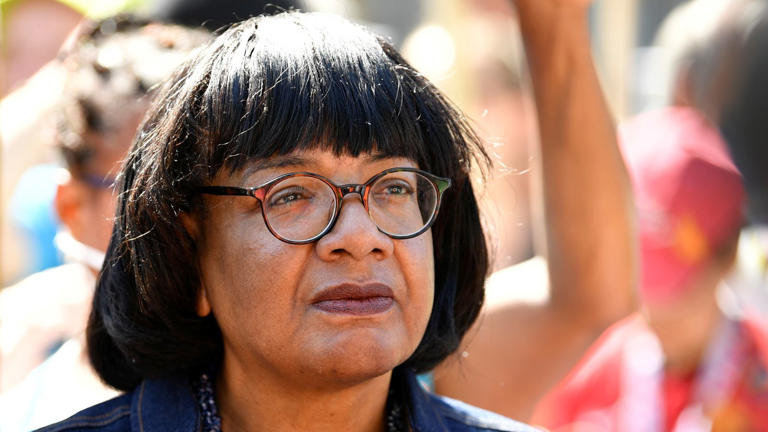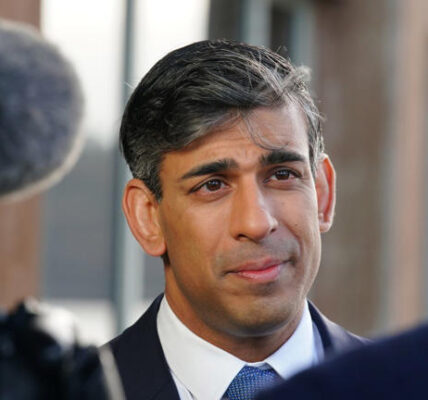- Homepage
- Political arena
- Political Discourse Accountability: 5 Vital Steps to Transform Dialogue
Political Discourse Accountability: 5 Vital Steps to Transform Dialogue
Discover the importance of Political Discourse Accountability in this insightful blog post. Delve into the complexities of respectful dialogue and responsibility in public figures’ interactions. Explore the fallout from derogatory comments towards Diane Abbott and the calls for action they sparked.

Political Discourse Accountability: Upholding Respectful Dialogue
Political discourse accountability stands as a cornerstone of civil society, demanding that public figures engage in respectful dialogue and uphold ethical standards. In recent times, the discourse surrounding political interactions has been marred by incidents that challenge these principles. The fallout from derogatory comments made towards Diane Abbott serves as a poignant reminder of the need for accountability in political discourse.
Understanding the Incident
The incident revolves around Frank Hester, a notable donor to the Conservative Party, who reportedly made disparaging remarks about Diane Abbott during a private meeting in 2019. His comments, including expressing a desire for Abbott to be shot, sparked widespread condemnation and scrutiny. The crux of the matter lies not only in the offensive nature of Hester’s remarks but also in the broader implications they hold for political discourse and accountability.
ALSO READ:
http://“London Mayoral Election Controversy: 5 Shocking Revelations Unveiled!”
Acknowledging the Apology
In response to the backlash, Hester issued an apology, acknowledging the rudeness of his comments and expressing regret for any hurt caused. He emphasized that his criticism was not based on Abbott’s gender or race, seeking to clarify his intentions. However, the sincerity of his apology and the repercussions of his words remain subjects of debate and scrutiny.
Calls for Action
The incident prompted calls for action from various political quarters. Labour and the Liberal Democrats urged the Conservative Party to return the donations made by Hester, highlighting the need to reject funding tied to disrespectful behavior. Anneliese Dodds, chair of the Labour Party, emphasized the symbolic significance of rejecting such donations as a stance against intolerance and bigotry.

Responses from Political Parties
In response to the calls for action, the Conservative Party acknowledged Hester’s apology and reiterated that his criticism was not motivated by Abbott’s gender or race. However, critics argue that accepting Hester’s donations without consequences could be interpreted as condoning his remarks. The incident underscores the challenges political parties face in balancing financial support with upholding ethical standards.
Context and Background
Diane Abbott, a longstanding MP for Hackney North and Stoke Newington, has faced controversy in the past, including having the Labour whip withdrawn following comments she made about racism experienced by different ethnic groups. Her case remains subject to an independent complaints process within the Labour Party, highlighting the complexities of addressing sensitive issues within political discourse.
Conclusion: Embracing Accountability
In conclusion, the incident involving Frank Hester’s comments towards Diane Abbott underscores the importance of political discourse accountability. Upholding respectful dialogue and ethical standards is essential for fostering a healthy political environment and promoting constructive engagement. As public figures navigate the complexities of political discourse, it is imperative that they recognize the impact of their words and actions on broader societal dynamics. Only through a commitment to accountability can we strive towards a more inclusive and respectful political landscape.
In this story, we have explored the significance of Political Discourse Accountability, delving into the fallout from derogatory comments towards Diane Abbott and the calls for action they sparked. Join us in reflecting on the importance of respectful dialogue and ethical standards in political interactions.



